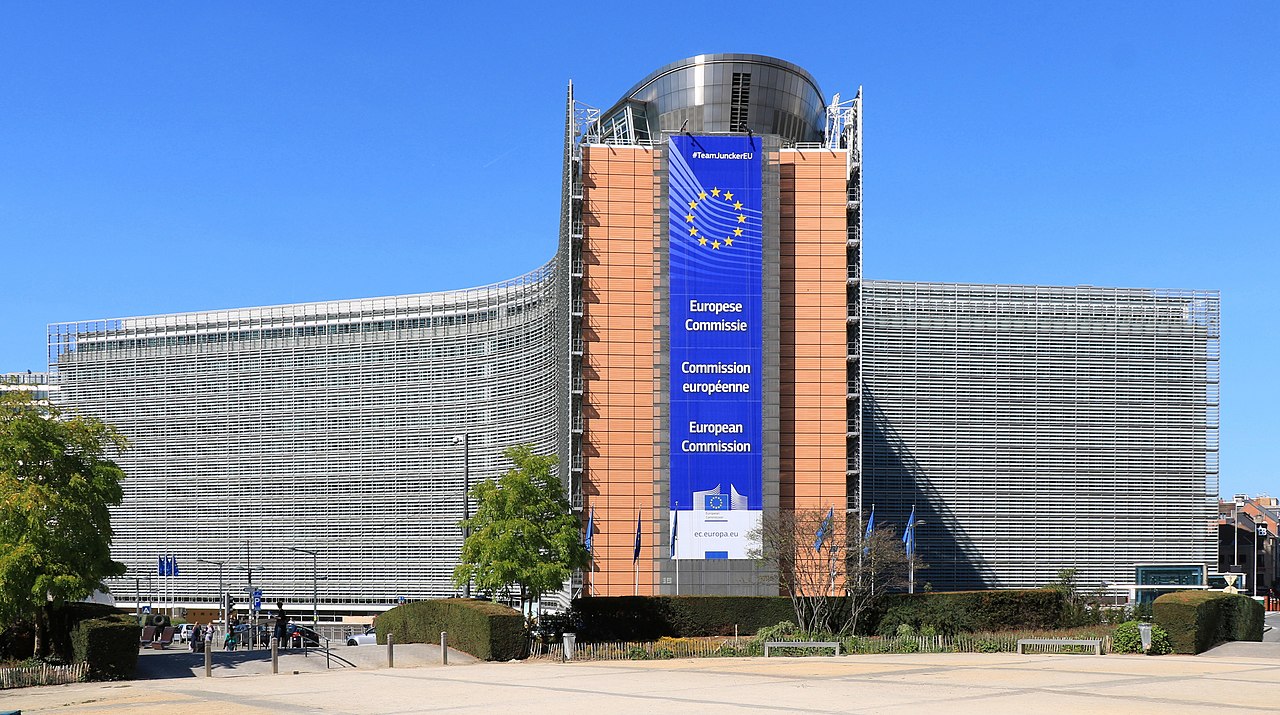The European Commission sent on Friday one letter each to the Hungarian and Polish governments gearing up for the launch of the rule-of-law mechanism, Politico writes. According to the news outlet’s information, the letter to Hungary raises concerns about public procurement and corruption risks, whie Poles are being targeted over judicial reform and “respect for EU law.”
The letter to Budapest and Warsaw was signed by Gert-Jan Koopman, the commission’s director-general for budget with the approval of Commission President Ursula von der Leyen. According to the Brussels press, the letters can be considered as the first informal step before Brussels formally activates the rule-of-law mechanism against Hungary and Warsaw.
The sanctions for breaching rule of law is the new instrument in the hands of Brussels, which, following heated debates, entered into force on Jan. 1, linking the execution of payments from EU budgets to respecting the conditions dictated by the rule of law in Brussels. Although there are legal experts and commentators who claimed that the rule-of-law mechanism is not legal and that Poland and Hungary never signed any agreement that would allow its use, Brussels appears to be moving ahead with sanctions.
Unsurprisingly, due to the politicized nature of the legislation, Hungary and Poland argued against a mechanism that threatened to withdraw EU funds from the outset, and both Budapest and Warsaw even vetoed the EU framework budget and rescue fund, as it was known that the legislation was just another weapon in the hands of liberal-dominated Brussels institutions in an ideological war against national governments.
At the EU summit last December, a resolution was finally adopted on a Hungarian-Polish-German proposal, which, among other things, provides an opportunity to challenge the rule-of-law mechanism in court. Budapest and Warsaw took this opportunity, and in March they jointly filed an action against the rule-of-law mechanism to the European Court of Justice.
The hearing of the Hungarian-Polish action began in Luxembourg in mid-October, and the Advocate General’s opinion is expected to be delivered on Dec. 2, and the judgment is expected early next year. According to a high-level agreement reached unanimously last December, the European Commission will not apply the rule-of-law mechanism until the Luxembourg judgment is delivered.






